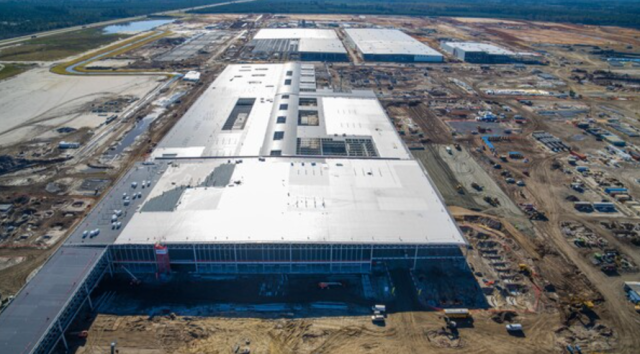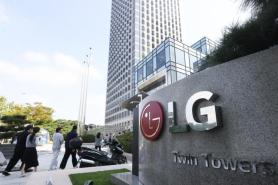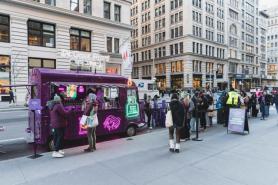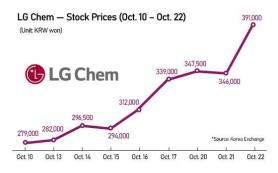
SEOUL, September 08 (AJP) - Korean companies with sprawling manufacturing projects in the United States are bracing for major disruptions as the Trump administration intensifies its immigration crackdown, now extending its reach to foreign-led construction sites.
The detention of hundreds of workers last week at a Hyundai Motor–LG Energy Solution battery plant under construction in Bryan County, Ga., has jolted South Korean executives and policymakers.
Though officials in both countries said the matter appeared to be heading toward resolution, the sweep has deepened anxiety among Korean conglomerates pouring billions of dollars into electric vehicle batteries and advanced semiconductor plants across the United States.
The fear, executives say, is not only higher costs but construction delays, missed deadlines and shaken confidence in investment pledges that Korean firms have made in tandem with Washington.
“We are reviewing our processes to ensure that all parties working on our projects maintain the same high standards of legal compliance that we demand of ourselves,” Hyundai Motor said in a statement.
LG Energy Solution confirmed that 47 of its employees were among those detained, adding it would “make every effort to promptly resolve the situation, including ensuring the speedy and safe return of all employees.”
The raid, which authorities called the largest single-site enforcement action in agency history, swept up 475 workers and exposed a legal gray zone that has long governed how foreign firms deploy staff to U.S. construction projects.
Many of those detained entered on short-term business visas or under visa waiver programs, which permit stays for meetings and contract work but not for installation or technical support. Immigration officials argued that such work required more complex H-1B or L-1 visas.
The episode has already rippled through financial markets.
LS Securities downgraded LG Energy Solution’s target price, citing concerns about delayed battery mass production at the $7.6 billion Georgia site, where construction remains suspended pending the immigration investigation.
Tom Homan, a senior security official often described as Trump’s “border czar,” underscored the administration’s intent to widen its enforcement.
“We will increase our enforcement activities at workplaces,” he told CNN, adding, “Illegally entering this country is a crime, and hiring foreigners who are here illegally is also a crime.”
He framed the raids as protecting American workers from unfair competition.
The policy shift could hit hardest at Korean giants like Samsung and SK, which are building semiconductor fabs and EV battery plants in states that lobbied aggressively for their investments.
Executives worry that technical workers needed for installation and training could now face months of visa hurdles, raising the risk of project delays.
The South Korean government convened emergency meetings with major investors on Sunday and pressed Washington for assurances.

Meanwhile, South Korean Foreign Minister Cho Hyun told lawmakers in Seoul on Monday that an agreement had been reached to prevent the detained workers from facing reentry bans once they are released.
“Negotiations are proceeding well,” he said, promising that voluntary departures would not trigger automatic five-year entry bars.
However, since Trump began his second term, deportations have surged to more than 1,500 a day, topping 300,000 overall. Administration officials said large-scale workplace raids would continue, signaling that last week’s operation in Georgia may only be the beginning.
Copyright ⓒ Aju Press All rights reserved.




